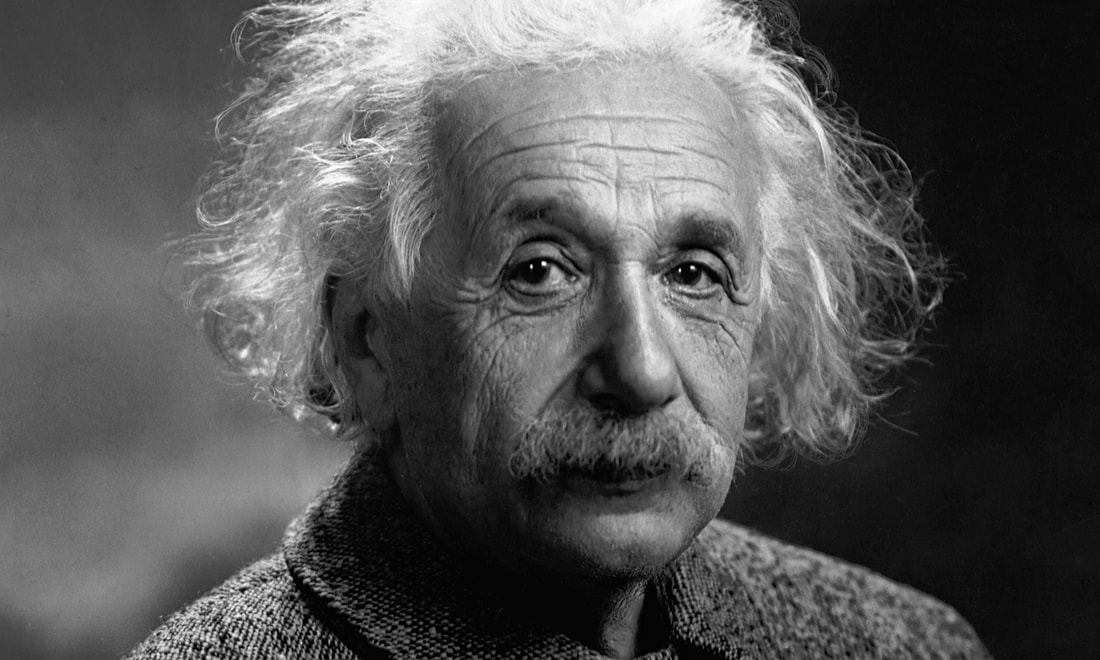1) Not unlike a sporting event, if the weather was too bad as far as rain or snow to where it was difficult to see, both armies would stay on their side and wait for better weather.
2) Men from both armies would inspect the battlefield after a heavy rain to ensure there was decent footing. If not, they waited until the mud dried more.
3) Fighting generally began on first light (dawn), and ended when it got too dark. Usually the leaders from both sides would start yelling for everyone to stop fighting and they'd just walk away and get back to fighting the next day.
4) Neither side bothered the other during the night even though they did have lookouts. They didn't want to worry about a surprise attack so that the soldiers could get a good night's rest.
5) If bodies began piling up to where it was difficult to fight (think about thousands of men going at each other), they'd start yelling for everyone to stop fighting and the field would be cleared with each army being responsible for their own men. It also gave soldiers an opportunity to choose new weapons from fallen soldiers. If they were fighting with an axe or a pitchfork they definitely would take a sword.
6) Mercy killing was very popular. As they cleared the field of bodies, many soldiers were wounded and back then there wasn't much hope for recovery, so they were killed by their own men to alleviate the wounded soldier's pain.
My how war has changed.

 RSS Feed
RSS Feed